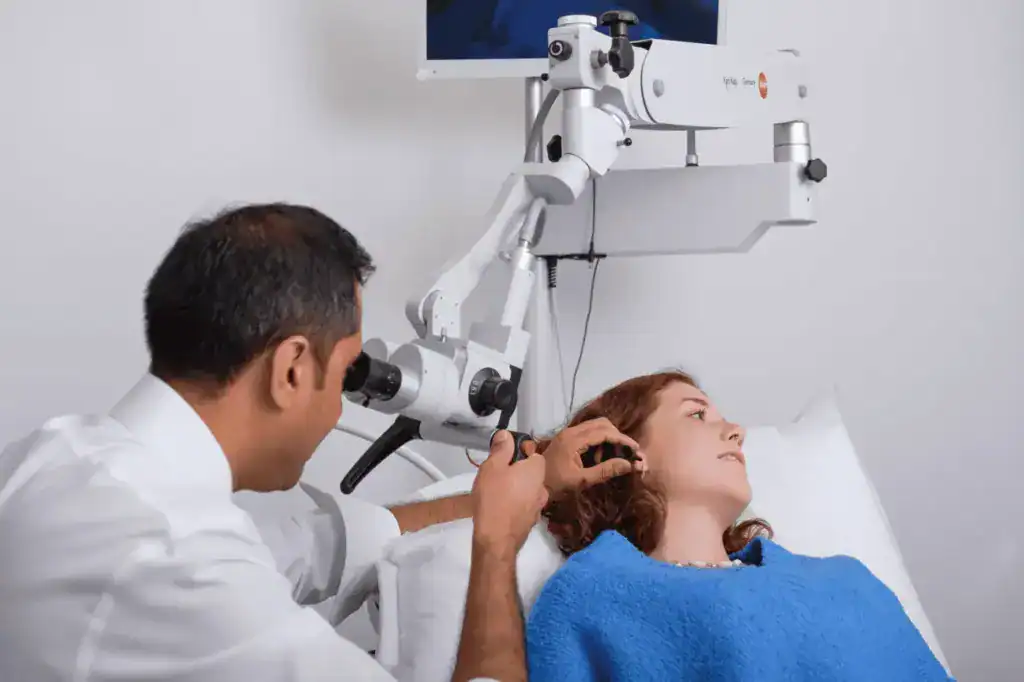In light of Alzheimer’s Awareness Day (21st September), medical experts are sounding the alarm on how commonly ignored age-related hearing loss can increase your risk of developing Alzheimer’s, and sharing what people can do to protect their hearing and brain health.
Studies have found that even mild hearing loss doubles the risk of dementia. For moderate hearing loss, the risk triples, and for severe hearing loss it rises even more sharply.
Mr Amit Parmar, ENT Consultant at Midland Health, said: “Hearing loss isn’t just an issue of ageing or comfort – whether that’s missing phone calls, turning the TV up too loud or straining in noisy rooms. Many people don’t realise that hearing loss is linked to a higher risk of developing dementia, including Alzheimer’s.
“It can put extra pressure on our brains. Over time, that extra effort, combined with less engagement socially, can strain the brain’s capacities, and recent research suggests that those with untreated hearing loss are more likely to develop dementia than those with normal hearing.”
“Unfortunately, age-related hearing loss can creep up on you slowly, and many people simply accept it as a natural part of getting older. At first, you may think people are mumbling around you, or there’s too much background noise. In some cases, you may not even notice until it becomes a serious barrier. Whatever the case, it’s crucial not to delay getting help.”
What You Can Do to Prevent or Slow Down Hearing Loss
“If you’re in noisy places like concerts or festivals, use ear protection. It’s also a good idea to turn down the volume on headphones and avoid long exposure to loud sounds.
“Also, you should get your hearing checked at least once every two years, especially if you notice changes like difficulty following conversations or ringing in the ears. Don’t wait until it’s a big problem.
“If you’re diagnosed with hearing loss, using hearing aids properly and consistently can make a world of difference, not just for your hearing, but also for keeping your brain active.
“It’s important to remember that social interaction is just as important for people with or at risk of Alzheimer’s. Talking to friends and staying involved helps build what’s called ‘cognitive reserve’ and may offset some of the risks.
“Other helpful habits include keeping your blood pressure under control, treating diabetes, quitting smoking, and maintaining a healthy lifestyle with exercise, a good diet, and avoiding excess noise.”

